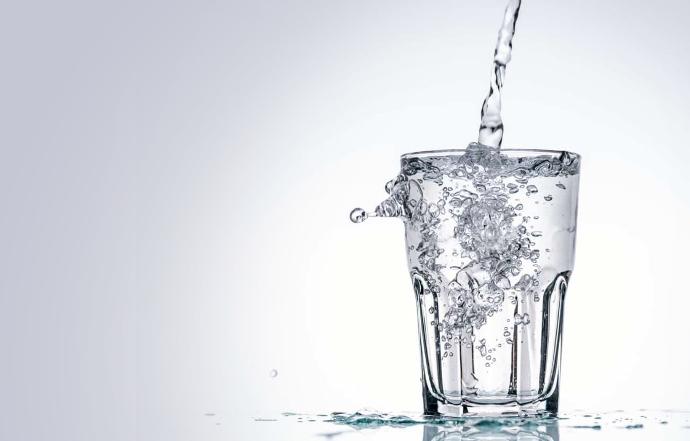Debunking the Myth: Does Filtered Water Soften?
In the pursuit of clean and healthy water, the terms "filtered" and "softened" are often used interchangeably, leading to confusion about the actual properties of filtered water. One common misconception is that filtered water automatically translates to softened water. In this comprehensive blog, we'll delve into the distinctions between filtered and softened water, clarifying whether filtered water truly possesses the qualities of softened water and uncovering the crucial differences between the two purification processes.

Understanding Filtered Water:
Water filtration primarily aims to remove impurities, contaminants, and particles from the water, ensuring that it meets specific safety and quality standards. Common filtration methods include carbon filtration, sediment filtration, and reverse osmosis, each targeting different types of pollutants. While filtration effectively eliminates various harmful substances, it does not directly alter the water's mineral content or hardness.
Unraveling Water Softening:
Water softening, on the other hand, specifically addresses the issue of hard water, which is characterized by high mineral content, particularly calcium and magnesium. The water softening process involves the removal of these minerals through ion exchange, thereby reducing the water's hardness and preventing the negative effects of scale buildup on plumbing and appliances.
The Distinction:
While filtration and softening are both essential processes in ensuring clean and safe water, it's crucial to recognize their fundamental differences. Filtered water may be free from impurities, odor, and taste, but it does not alter the water's mineral composition or reduce its hardness. Conversely, softened water undergoes a specific treatment to address the issues associated with hard water, making it more suitable for household use and preventing potential plumbing complications.
Optimizing Water Quality:
To achieve the desired water quality, it's essential to identify your specific water concerns and choose the appropriate purification method accordingly. If hard water is a prevalent issue in your area, investing in a dedicated water softening system can significantly enhance your water quality and prolong the lifespan of your household appliances.
By understanding the distinctions between filtered and softened water, you can make informed decisions about the most suitable water treatment solutions for your home, ensuring that your water not only meets safety standards but also remains conducive to a healthy and functional living environment.
Is Filtered Water Soft?